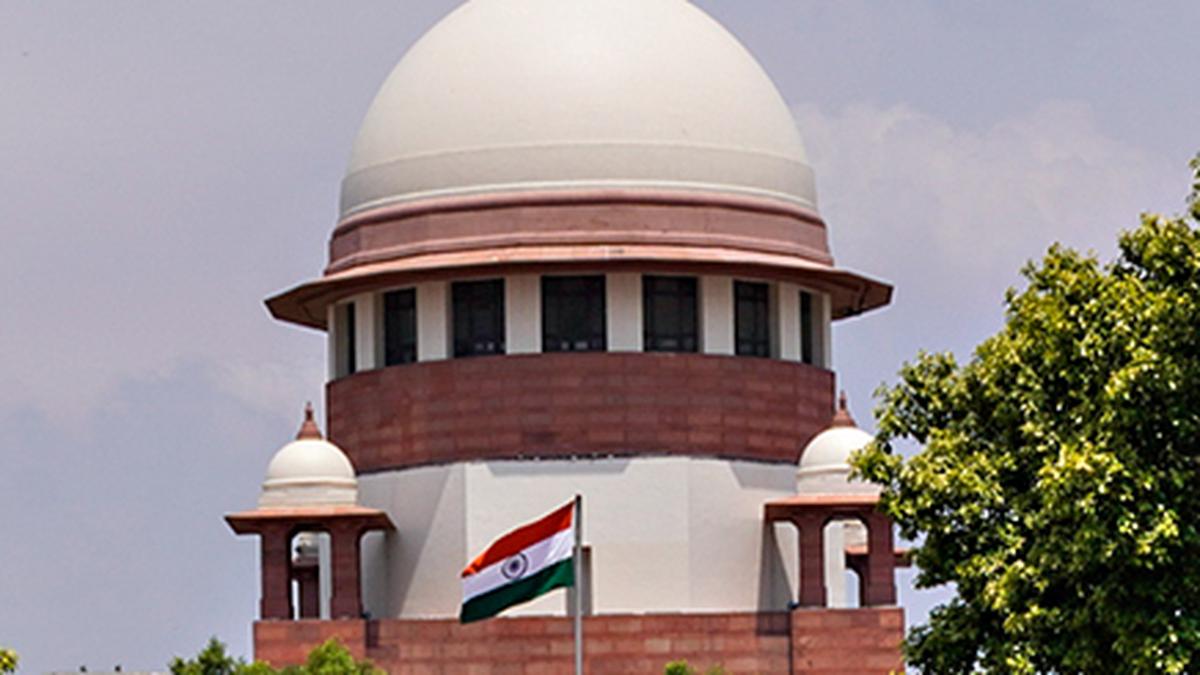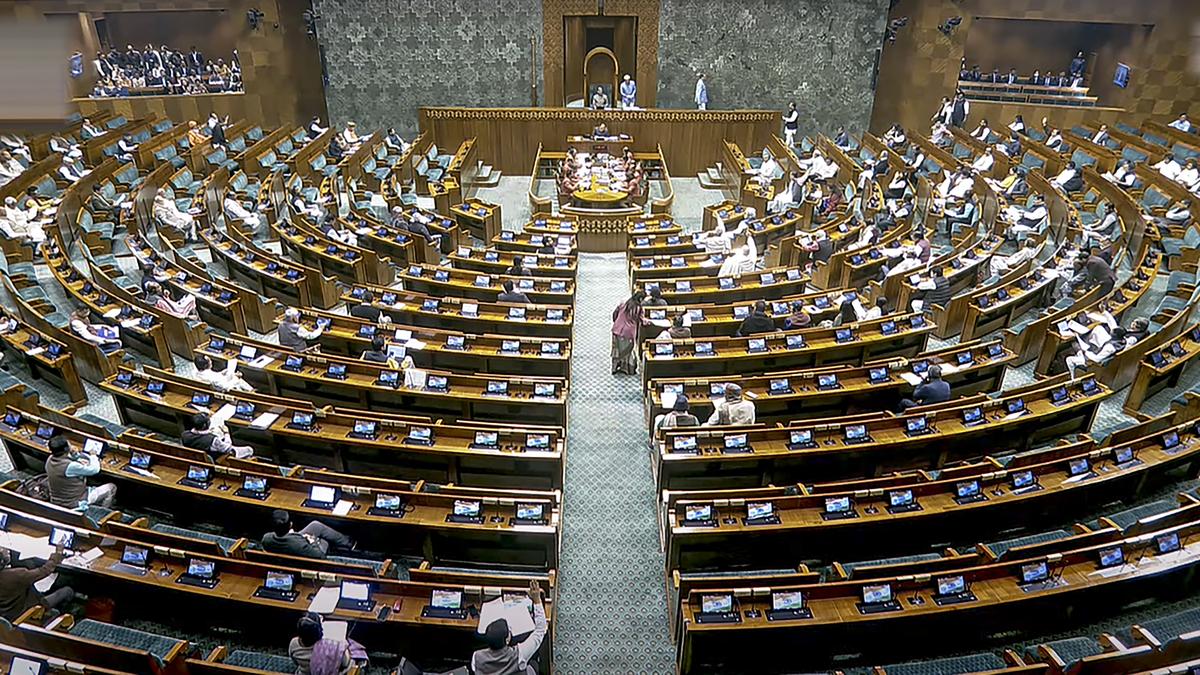Now Reading: Centre Engages States on Special NIA Courts After Supreme Court Warning
-
01
Centre Engages States on Special NIA Courts After Supreme Court Warning
Centre Engages States on Special NIA Courts After Supreme Court Warning

speedy Summary
- The Union government has approached several States to set up “exclusive adn special” National Investigation agency (NIA) courts.
- This move follows a Supreme Court caution in July 2025 that delayed trials could lead to granting bail to NIA undertrials due to a lack of sufficient courts.
- Discussions are ongoing with 11 States, with encouraging progress reported in Kerala and Delhi.
- The Supreme Court was hearing the bail plea of Kailash Ramchandani, an NIA undertrial who has been imprisoned for six years due to trial delays.
- The top court criticized the burden on existing trial courts, which double as NIA courts without requisite infrastructure or exclusivity for handling terror-related or heinous cases.
- Only three of over 50 designated NIA-specific courts are functioning exclusively for such trials currently.
- Justice Surya Kant emphasized that timely prosecution would deter hardened criminals but cautioned against indefinite incarceration due to systemic inefficiency.
- The Center has been advised not to wait for State co-funding and suggested starting work within it’s own budget allocation.
Indian Opinion Analysis
The proposal by the Union government to establish exclusive NIA courts addresses a longstanding challenge of judicial capacity constrained by overburdened trial judges dealing with both routine and terrorism-related cases concurrently. With only three dedicated NIA-exclusive courts out of more than 50 designated ones, this bottleneck impedes timely justice-not only delaying high-profile cases but also forcing prolonged incarceration for undertrials like Kailash Ramchandani.
The Supreme Court’s pragmatic warning appears grounded in both legal accountability and humanitarian considerations: prolonged detention without conviction erodes public trust while reinforcing inequities in access to justice. Progress on this issue will require careful coordination between central authorities and States, notably regarding financial resources.
If successfully implemented, these measures could foster swifter resolution in sensitive cases while alleviating overall system pressures-thereby benefiting both national security priorities and legal fairness standards alike.
























